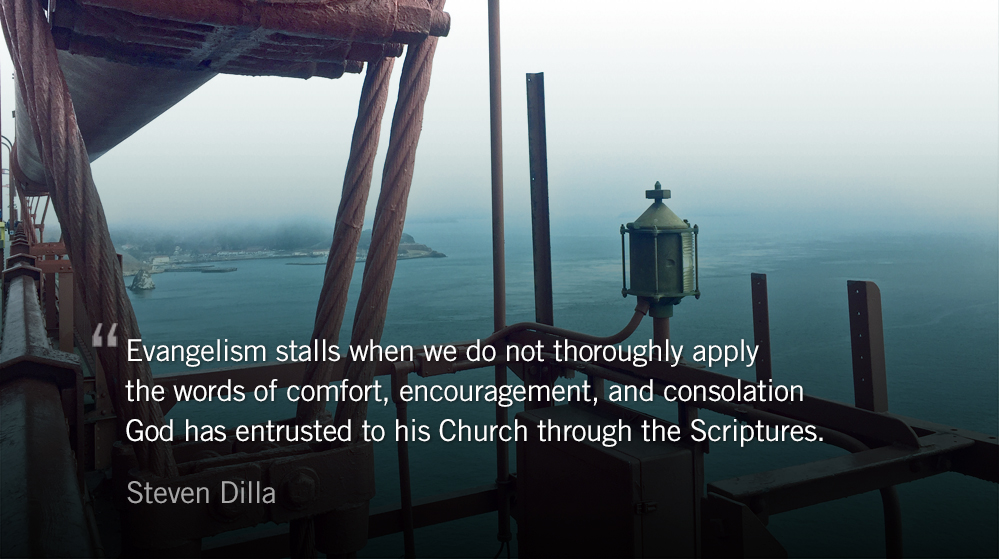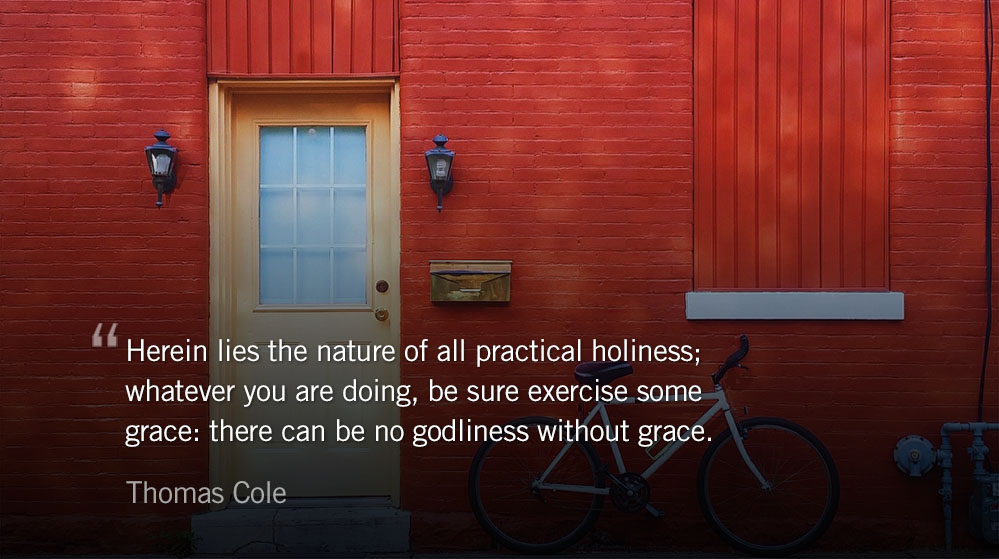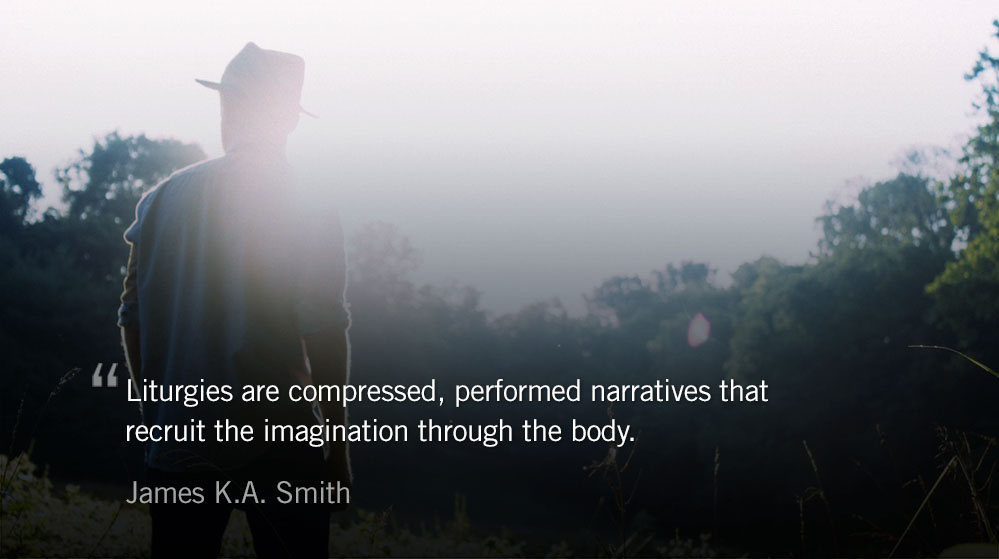She who is self-indulgent is dead even while she lives.
“Materialism is the other person’s disease,” quips sociologist Juliet Schor. Over 80% of Americans believe people are too materialistic. Yet Schor’s research shows that drastically fewer people believe this is a problem for themselves, their own family, or friends.
“People in a controlled experiment who were repeatedly exposed to images of luxury goods, to messages that cast them as consumers rather than citizens and to words associated with materialism (such as buy, status, asset and expensive), experienced immediate but temporary increases in material aspirations, anxiety and depression. They also became more competitive and more selfish, had a reduced sense of social responsibility and were less inclined to join in demanding social activities.”
Research and Scripture agree on the problem, but diverge on what will adequately solve it. The words in 1 Timothy are given less as critique than exhortation. Though originally responding to a specific group of widows, we find pictured a thriving life of faith: “She who is truly a widow, left all alone, has set her hope on God and continues in supplications and prayers night and day.”
Cleaning out, consuming less, and resisting the myth that a larger home solves storage problems are all helpful (and necessary) steps in this process. But it is possible to do all this and still be materialistic — living under what researchers define as “a value system that is preoccupied with possessions and the social image they project”
The challenge in 1 Timothy 5 is to have such preoccupation with Christ that everything else becomes secondary. Possessions and wealth become tools for Christian service by removing their power over us as their bottom line transfers from our identity to Christ’s glory.











